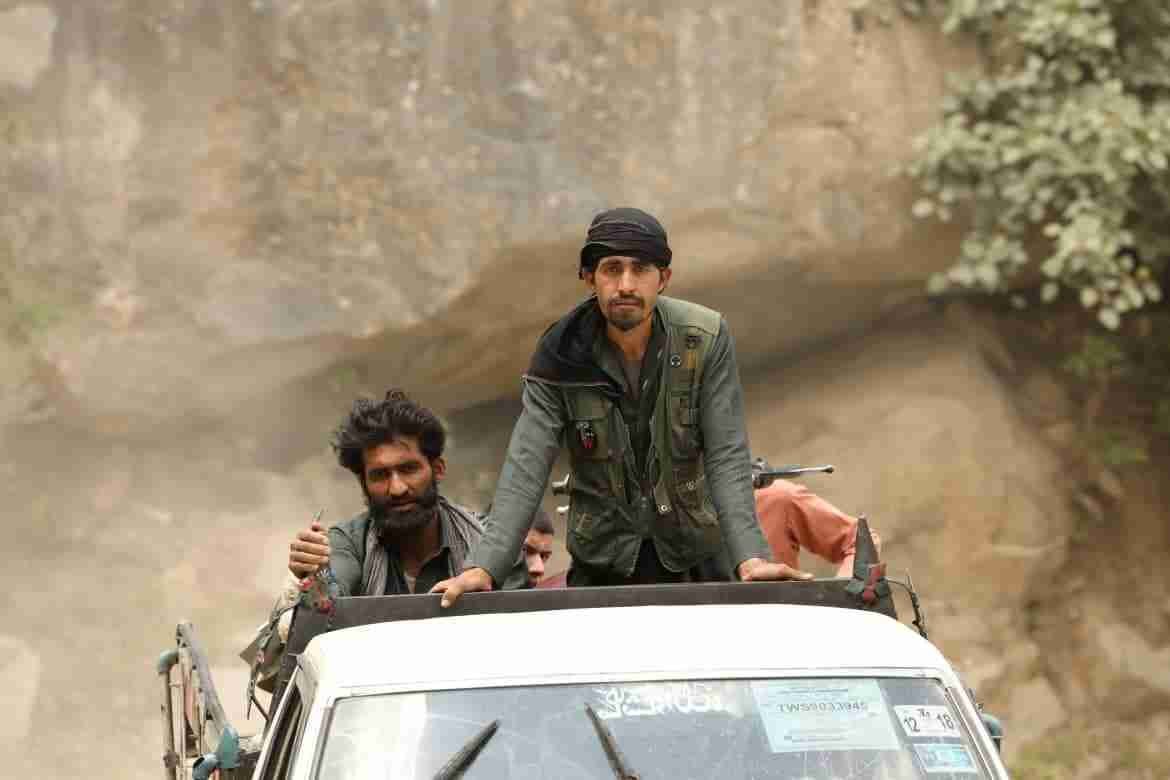The withdrawal of US troops from Afghanistan, which will be completed by September this year has dramatically changed the security scenario in South Asia. The Afghan Taliban has been quick to exploit the perceived power vacuum and has taken over control of large tracts of the coun try, mostly in the rural areas. But as the Taliban come closer to Kabul, they will face increasing resistance from the Afghan National Defence and Security Forces (ANDSF), which will be fighting from interior lines of communication and who will also have a large measure of inter national support.
We are likely to see a situation of civil war in the country, which will have an obvious blowback on all the surrounding countries, including on India. The evolving situation in Afghanistan is one which will have no winners. For Pakistan, which has been supporting the Afghan Taliban and which has provided safe shelter, weapons and equipment to its leadership and cadre, the pros pects of civil war has the potential of destabilising its eastern flank on two counts.
One, the Pakistan military establishment will have to deal with an increasingly assertive and restive Pash tun population in Khyber Pakhtunkhwa (KP) and in the erstwhile Federally Administered Tribal Areas (FATA), where the Tehrik-e-Tal iban Pakistan (TTP) have been operating for years (FATA was merged with KP in 2018). The TTP and the Afghan Taliban have close links with each other, which will compound the prob lems of the Pakistani military establishment.
Two, the deteriorating security situation in Afghanistan is likely to lead to a flood of refugees entering Pakistan, which will further increase Pakistan’s economic and security concerns. For China, which is for the moment follow ing the Pakistan lead on Afghanistan, an un stable Afghanistan is bad news for its Belt and Road Initiative (BRI).
The spillover of violence to KP will adversely impact the China-Pakistan Economic Corridor (C-PEC), which is already facing security challenges in Gilgit Baltistan and in Baluchistan. China is unlikely to com mit troops to stabilise the situation in Afghani stan, but should it do so, it will get sucked into a quagmire from which it will find itself difficult to extricate. Russia is concerned about a possible take over of Afghanistan by the Taliban.
An Afghan emirate will spread its version of Islam to the surrounding Central Asian Republics (CAR) bordering Afghanistan, leading to increasing restiveness in those regions with a spillover ef fect on Russia. Iran too has to be mindful of a Taliban takeover, seeing the manner in which the earlier Taliban regime brutalised its Shia community in the 1990’s. Add to this the pres ence of al Qaeda operatives in Afghanistan, working in tandem with the Afghan Taliban and we have a veritable explosive concoction in the making.
That would not be good news for the US and Europe. India has invested a great deal in the develop ment of Afghanistan over the last two decades and in terms of goodwill, occupies a unique place with the people of Afghanistan. But good will sans security can erode in a very quick time frame.
India remains a player in the shadows in Afghanistan, but a destabilised Afghanistan or an Afghanistan under the Taliban will height en Indian concerns of a possible increase in terrorist related violence not just in the Union Territory of J&K, but also in the rest of the country. The evolving situation is one which India has to monitor and keep a close watch on. We are looking at a period of great instability in the region, for which India’s security forces and intelligence agencies will have to keep a wary eye on.


